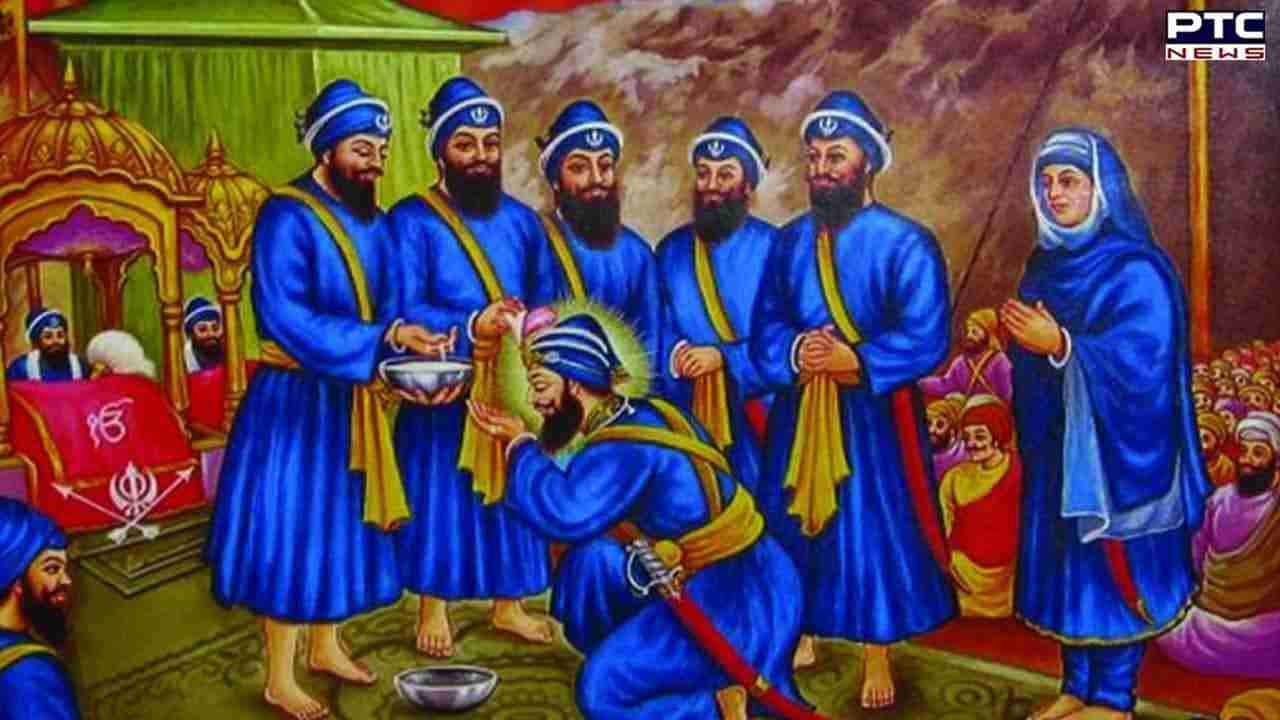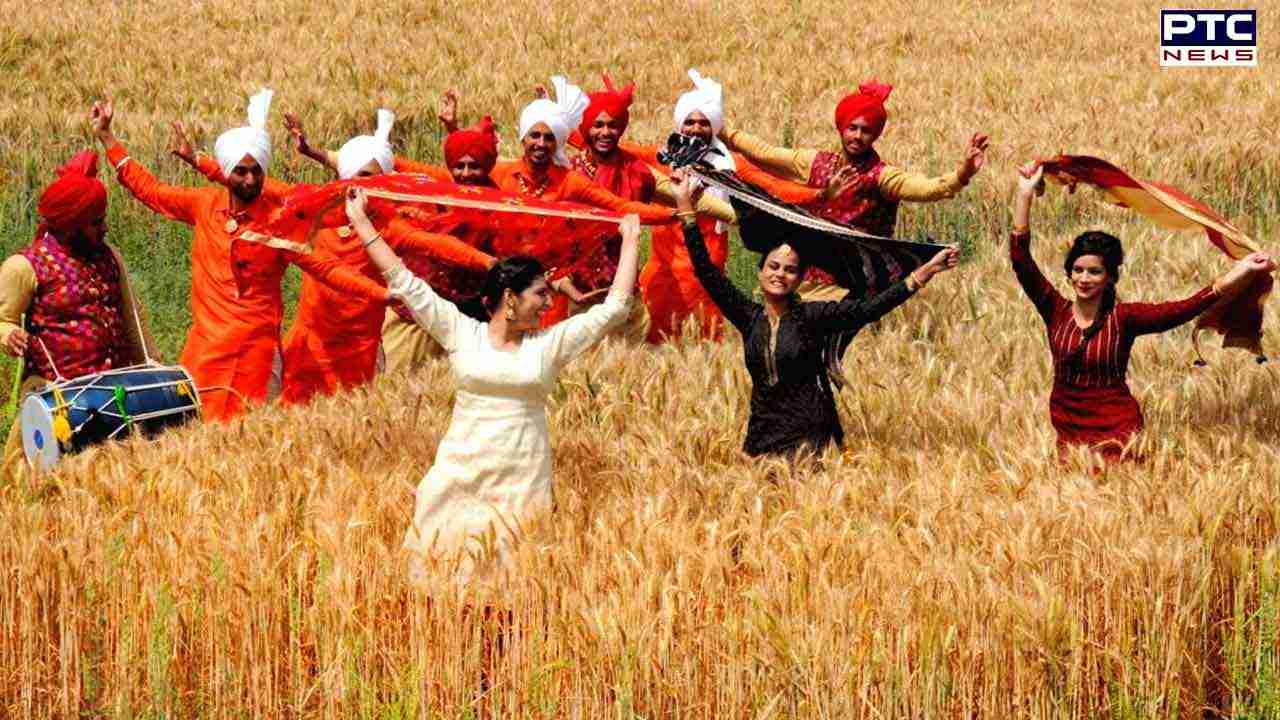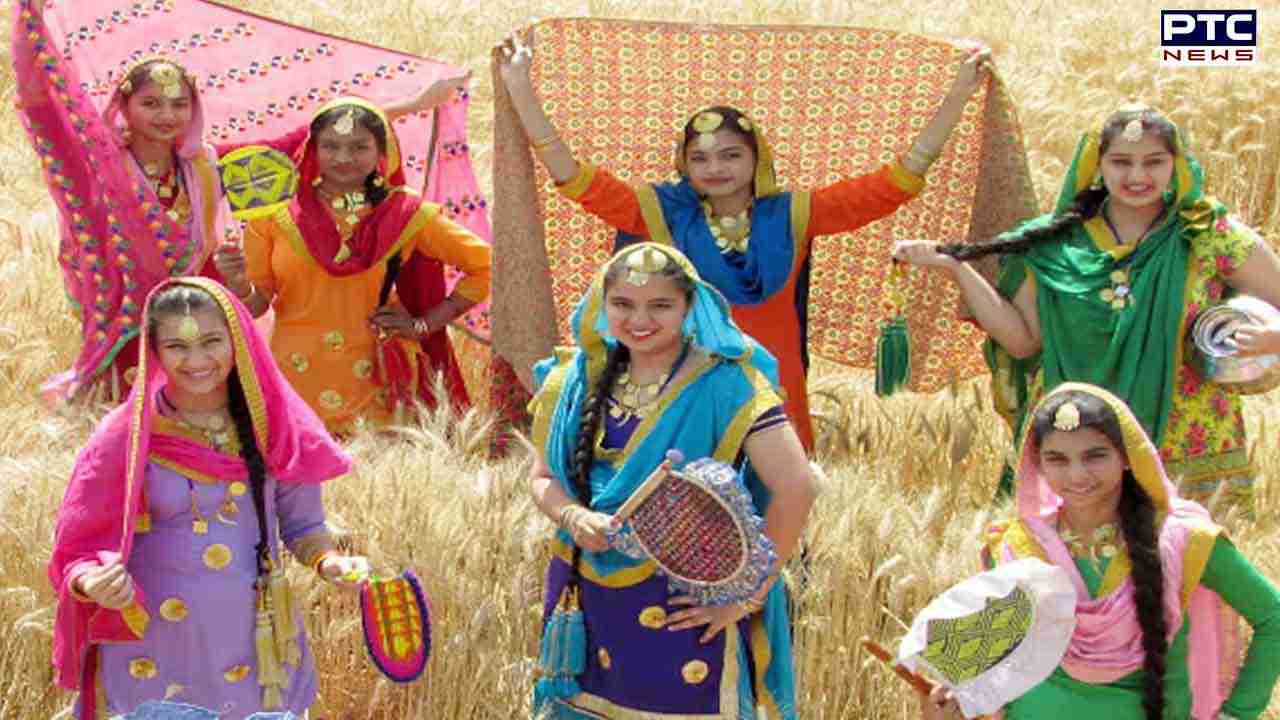

When is Baisakhi 2024: Know the dates, times, historical insights, and significance
PTC News Desk: Baisakhi, also known as Vaisakhi, embodies the essence of joy, reflection, and renewal, signifying the beginning of a new year and commemorating significant historical events. Here's a comprehensive guide to everything you need to know about this auspicious occasion.
Baisakhi 2024 Date, History, and Significance:
Baisakhi, renowned as Vaisakhi, stands as a vibrant and significant festival, particularly in north India, celebrated with fervour and enthusiasm across the country. It heralds the onset of the harvest season and marks the commencement of the solar New Year in various parts of north India.
 Traditionally observed on the first day of the Vaisakh month (April-May) according to the Sikh calendar, Baisakhi typically falls on April 13 or 14 in the Gregorian calendar. This year, in 2024, Baisakhi is set to occur on April 13 (Saturday), with auspicious festivities commencing at 9:15 PM, just before Mesha Sankranti, according to the Drik Panchang.
Traditionally observed on the first day of the Vaisakh month (April-May) according to the Sikh calendar, Baisakhi typically falls on April 13 or 14 in the Gregorian calendar. This year, in 2024, Baisakhi is set to occur on April 13 (Saturday), with auspicious festivities commencing at 9:15 PM, just before Mesha Sankranti, according to the Drik Panchang.
The celebrations of Baisakhi are characterised by their vibrancy and colour, featuring traditional music, dance, and communal feasts that bring people together to rejoice in the harvest and celebrate the rich cultural heritage. Here's all you need to know about this joyous festival.
Also Read: Swiggy delivery agent caught on camera stealing shoes outside apartment; company responds
Baisakhi 2024: A Detailed Look at Its History and Significance
Baisakhi is a festival deeply rooted in history and culture, predominantly celebrated in the Punjab region of India. For Sikhs, this occasion holds profound significance, as it commemorates the founding of the Khalsa Panth by Guru Gobind Singh, the tenth Sikh Guru, in 1699.

On this day, Guru Gobind Singh initiated the first members of the Khalsa, establishing a community of baptised Sikhs who pledged to uphold principles of righteousness, equality, and the fight against oppression.
Furthermore, Baisakhi marks the onset of the new agricultural year and serves as a harvest festival in Punjab. It is a time when farmers express gratitude for the abundance of the harvest and offer prayers for future prosperity. For Hindus, Baisakhi aligns with the Vaisakha festival, symbolising the solar new year.

This auspicious day holds mythical significance as it is believed that Goddess Ganga descended to Earth on this occasion. As a result, many Hindus participate in rituals such as bathing in sacred rivers like the Ganges, Jhelum, and Kaveri, seeking spiritual purification and blessings.
The celebration of Baisakhi is characterised by fervent enthusiasm, particularly in Punjab and Haryana. People engage in traditional folk dances such as Bhangra and Gidda, adorned in vibrant attire that reflects the festive spirit. Additionally, festive foods are savoured, and community gatherings are held to commemorate the occasion.
In essence, Baisakhi embodies the spirit of joy, reflection, and renewal. It heralds the beginning of a new year and pays homage to significant historical events, making it a cherished and revered festival in Indian culture.
Also Read: Doctor's timely action rescues Delhi boy who swallowed Rs 5 coin
- With inputs from agencies
